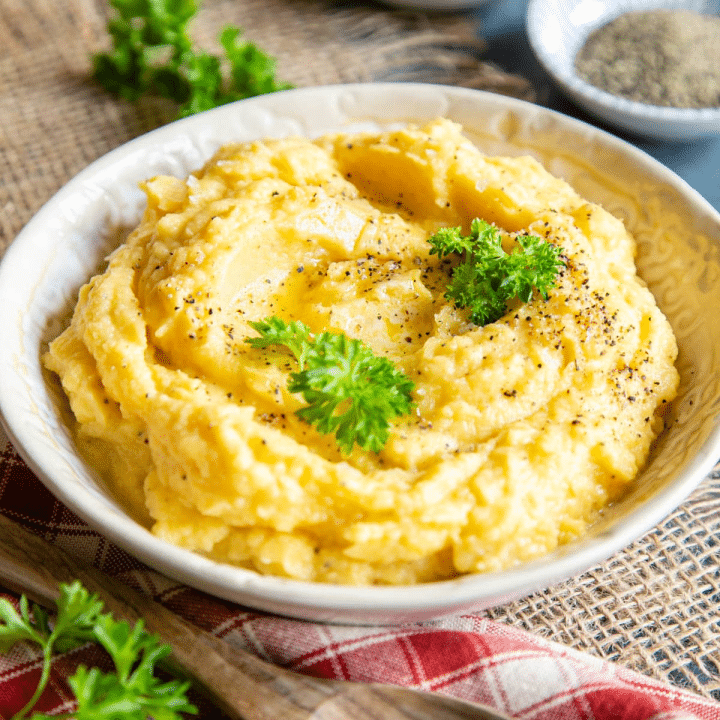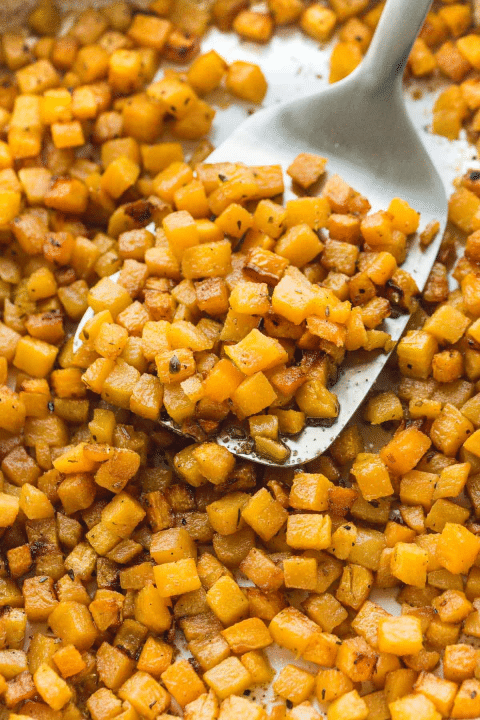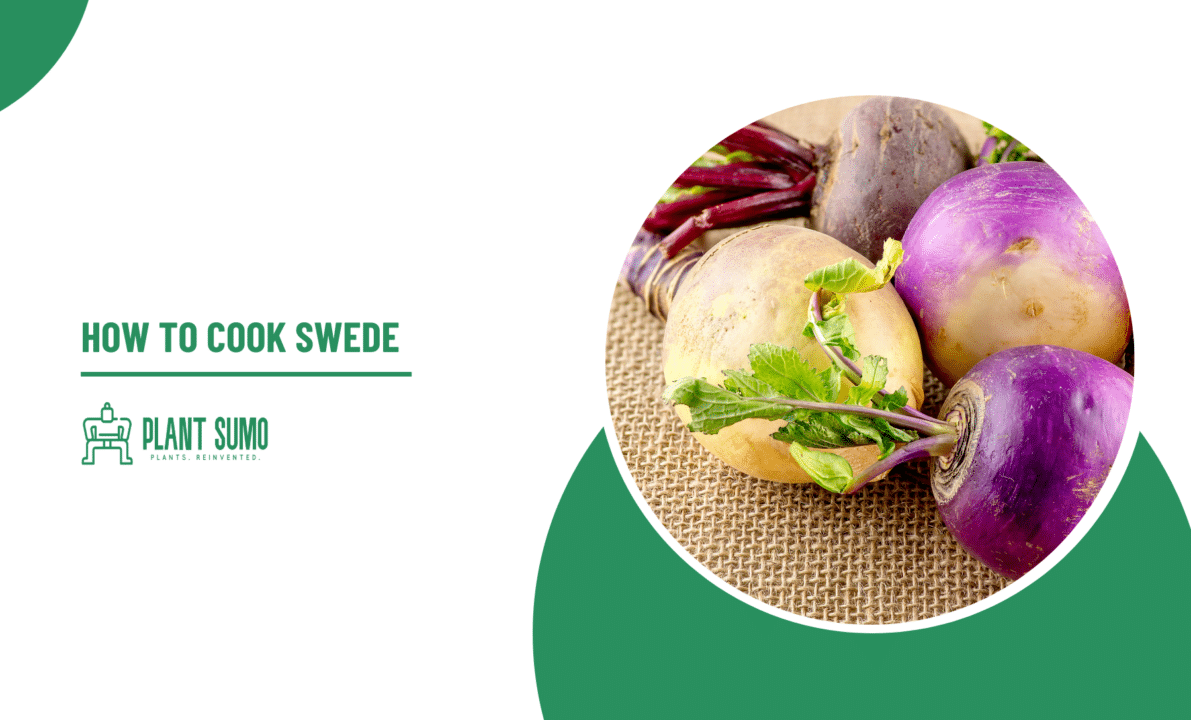How to Cook Swede

Swede, a root vegetable known for its earthy and sweet flavor, is a wonderful addition to roast dinners in the UK. Also known as rutabaga or yellow turnip, swede offers a unique taste and a creamy texture that complements a variety of roasted meats.
In this article, we’ll explore what swede is, describe its taste profile, discuss its nutritional value, provide tips on buying the best swedes, and offer a step-by-step guide on how to cook it to perfection for your roast dinners.
What is Swede?
Swede, scientifically known as Brassica napus var. napobrassica, is a root vegetable that belongs to the cabbage family. It has a round shape, a purple and greenish-yellow skin, and firm orange flesh. Swede is widely cultivated in the UK and is a staple ingredient in many traditional British dishes.
Taste and Texture
When cooked, swede offers a sweet, earthy flavor with subtle notes of cabbage. Its texture is creamy and soft, making it a perfect complement to hearty roast dinners. Swede can also add a beautiful golden hue to your plate, enhancing the visual appeal of your meal.
Nutritional Value
Swede is not only delicious but also boasts some potent health benefits. Here are some key nutritional highlights of swede:
- Vitamins and Minerals: Swede is an excellent source of vitamins C and K, as well as minerals like potassium and manganese.
- Dietary Fiber: Swede contains dietary fiber, which aids digestion, promotes satiety, and supports a healthy digestive system.
- Antioxidants: It is rich in antioxidants that help protect the body against oxidative stress and support overall well-being.
- Low in Calories: Swede is a low-calorie vegetable, making it suitable for those aiming to manage their calorie intake.
Choosing the Best Swedes
To ensure you select the best swedes for your culinary masterpieces, keep the following tips in mind as you shop for them:
- Firmness: Look for swedes that feel heavy for their size and have firm skin. Avoid those with any soft or spongy spots.
- Smooth Skin: Opt for swedes with smooth, blemish-free skin. Avoid those with cuts, bruises, or excessive wrinkling.
- Size and Weight: Swedes come in different sizes, so choose the size that suits your preference. Smaller swedes tend to be sweeter.

How to Cook Swede
Now, let’s explore the step-by-step process of cooking swede to perfection for your roast dinners
Prepare the Ingredients:
1 medium-sized swede
2 tablespoons butter
Salt and pepper to taste
Optional: 1-2 tablespoons of honey or maple syrup for added sweetness
Peel and Dice the Swede
Start by peeling the swede using a vegetable peeler. Once peeled, cut it into even-sized cubes or slices.
Boil the Swede
Place the diced swede in a large saucepan and cover it with water. Add a pinch of salt to the water.
Bring the water to a boil and let the swede cook for about 15-20 minutes, or until it becomes tender when pierced with a fork.
Drain and Mash
Once cooked, drain the swede and return it to the saucepan. Add butter and season with salt and pepper.
Mash the swede using a potato masher or fork until it reaches your desired consistency. For added sweetness, you can stir in a tablespoon or two of honey or maple syrup
Serve and Enjoy!
Transfer the mashed swede to a serving dish and garnish it with a sprinkle of fresh herbs, such as parsley or thyme.
Swede pairs wonderfully with roasted veggie meats and other traditional roast dinner accompaniments. Serve it alongside your favorite roast and enjoy the delicious flavors.
Conclusion
Swede, with its distinct taste and creamy texture, is a fantastic vegetable choice for your roast dinners. Packed with nutrients, swede not only enhances the flavor of your meal but also offers several health benefits. By following the steps outlined above, you can master the art of cooking swede and create a memorable roast dinner experience. Enjoy the comforting and flavorful addition of swede to your roast dinners and savor the taste of this traditional British vegetable.







